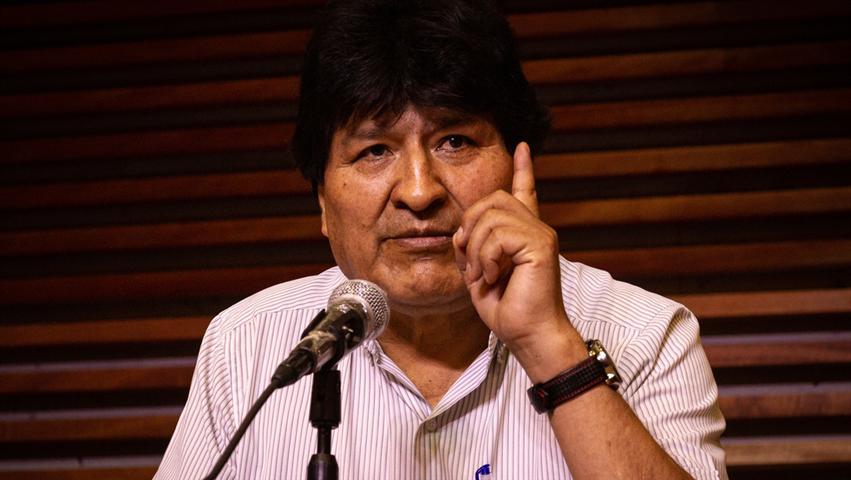The book “A sangre y fuego! El escarmiento contra las Rebeliones Indígenas de Túpac Katari a Evo Morales”, by authors Juan Ramón Quintana and Loreta Tellería, is a comparative history text that addresses the issue in its continuity, according to Historian Pablo Quçisbert.
Along with Morales, former Bolivia’s Vice President Álvaro García Lineras attended the launching of the book.
“I feel that this contribution by Juan Ramón Quintana and Loreta Tellería is a way of refreshing our memory, because if we do not review our history, if we do not know what happened in the colonial and republican times, we will continue to be subjected to the empire and capitalism,” Morales said.
“Cuba was expelled from the Organization of American States (OAS) in the 1960s because it was a socialist nation, and today is an honor to withdraw from that organization,” he said.
He commented that presidents with socialist trends emerge ever more in Latin America, included former guerrillas such as José Mujica, Dilma Roussef and now Gustavo Petro in Colombia.
He evoked the most recent Summit of the Americas to which several presidents did not attend, and of 22 who participated, 20 publicly criticized in solidarity with Cuba, Venezuela and Nicaragua that those countries were not invited, and also deplored the November 2019 coup d’état in Bolivia.
Morales emphasized the importance of unity within Bolivia to preserve the achievements of the process of change driven by the Movement Towards Socialism, and called to discuss a program to reach the second democratic and cultural revolution of the Plurinational State.
pgh/iff/jha/jpm









